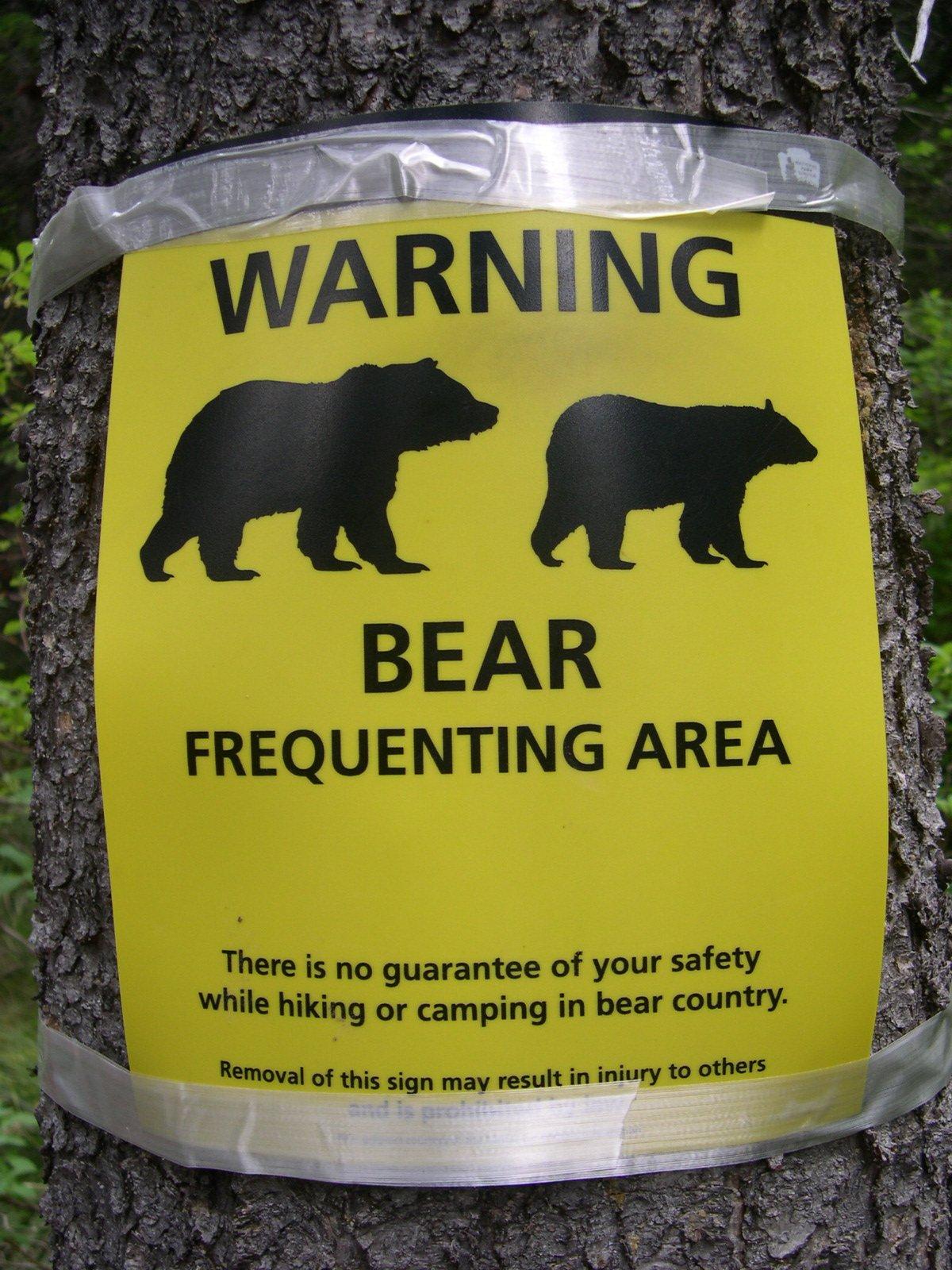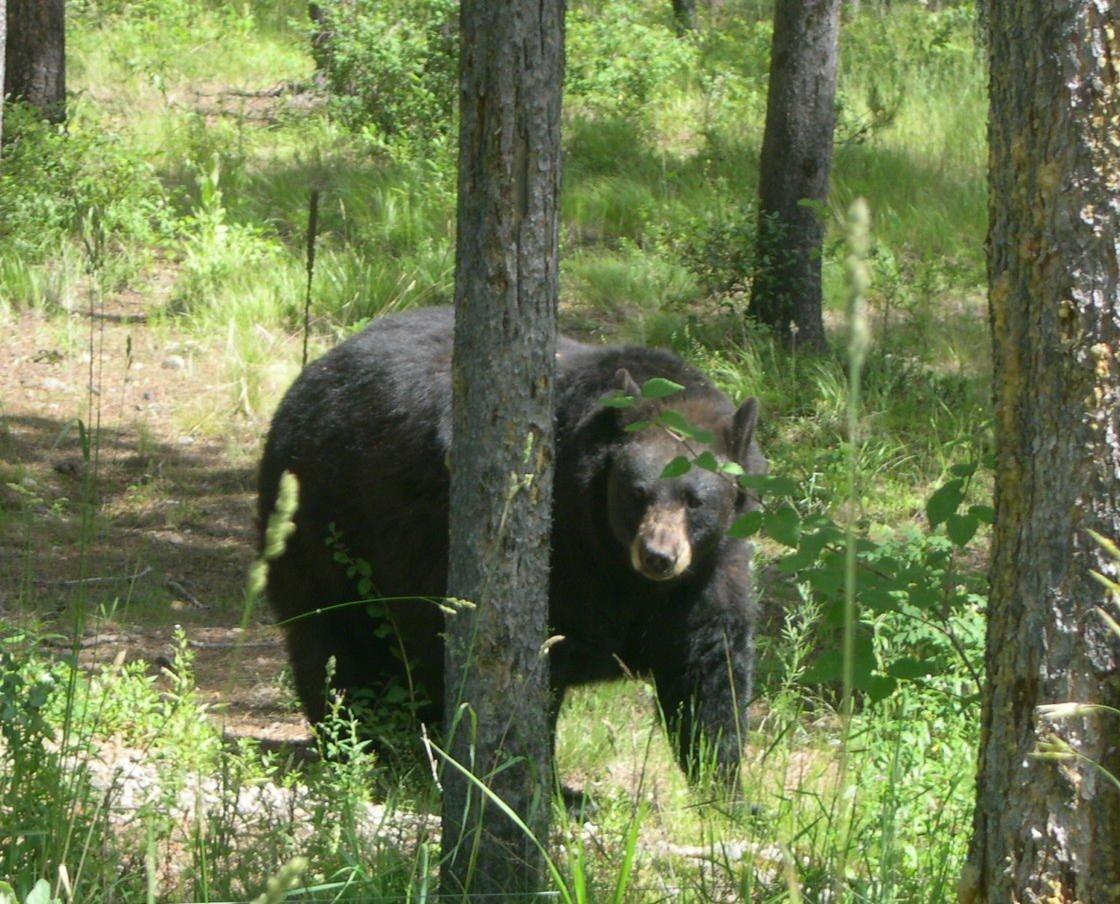Studies Say Bear Spray Works Better than Firearms; Just Don't Do What I Did

The 2008 study revealed that bear spray effectively halted aggressive bear behavior in 92 percent of cases. And, according to the scientists, the 2012 study revealed firearms did not provide as effective results. In fact, those with firearms suffered the same injury rate in close encounters with bears whether they used their firearms or not. Smith attributes the low success rates of firearms deterring a bear attack to the need for split-second decisions and accuracy. Smith therefore suggests carrying bear spray for preventing bear attacks, arguing it's easier to deploy, less cumbersome and much more effective.
We were counting on these qualities when my husband, Brett and my best friends Jeff and Rachael Inman, and I decided to purchase a can of bear spray before our backpacking trip in Glacier National Park. The bear spray cost a whopping $50. After some discussion, we agreed that all four of our lives were worth at least that much, so we went ahead and forked out the dough. After all, we were planning to spend five nights in grizzly country, and I guess none of us liked the idea of being snacked on by a hungry bear.
So, with bear spray in hand, we climbed back into our rental car and began our drive to the trailhead. We were taking in the scenery when all of the sudden my eyes began to burn – a little at first, then the pain rapidly became intolerable. When I took a breath, I felt as if flames had coated my nose, throat and lungs. I couldn't see or breathe, and I began to desperately feel around the car for the door handle.
At that same moment, I heard a few breathless profanities from the driver's seat. The car came to a screeching halt – not by the side of the road, but right in the middle of it. By that time, all four of us where gasping for breath, wiping away tears and struggling to open the car doors. As cars whizzed by, we stumbled out onto the road.
I knew immediately what happened. Just seconds prior to the incident as we'd later refer to it, I'd attempted to take part of the packaging off of the can of bear spray we had just purchased. Once I had removed it, I realized I had accidentally detached the safety as well. Nervous that I'd set off this beefed-up pepper spray when I tried to replace the safety, I handed it to Rachael, who rarely doubts her ability to accomplish any task. You can guess what happened next.
We haven't even made it inside the park yet guys, Jeff huffed, and you two have already started trouble. Not to mention, now we actually all smell like huge walking peppers. We're probably going to attract every bear within 100 miles straight to us! We had read in a camping book earlier that the spray may actually attract bears if not discharged directly into a bear's face. How ironic, I thought. This stuff works as both a bear repellant and attractant.
After stopping at a ranger's station where we were provided Joy dishwashing detergent for washing up with, we headed out on the trail. Despite Jeff's fears, we only saw one grizzly that week at a distance, so we never had to use what was left of our spray. I guess bear spray is a good tool to have when you plan on spending time in bear country. Just don't make the same mistake we did and end up the recipient of the contents.
Have you ever had to use bear spray or a firearm to stop a bear attack? What happened?







